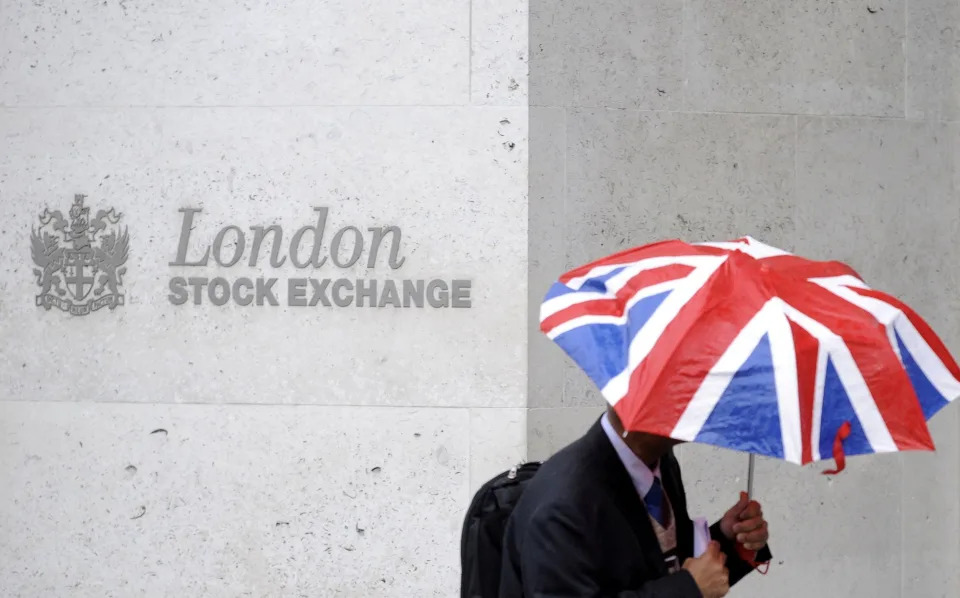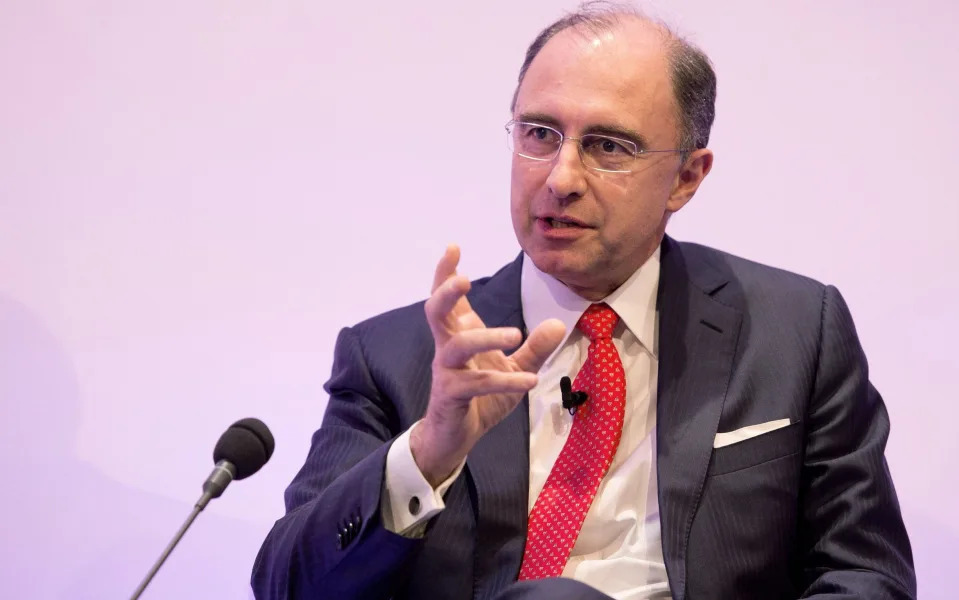London Stock Exchange is ‘deeply uncompetitive’, warns former chief

Britain’s stock market has become “deeply uncompetitive” and risks driving more companies to the US, the former head of the exchange has warned.
Xavier Rolet, who ran the London Stock Exchange Group from 2009 until 2017, said there is a “real threat” that more UK companies will move their listings to America because of a lack of trading in London.
FTSE 100 tool rental giant Ashtead last week announced plans to quit its primary UK listing and move to the US, becoming the latest company to make the move across the Atlantic.
The daily turnover of shares traded on the London stock exchange has fallen by more than one-third since 2018, from $7.5bn to $4.8bn last year.
This compares unfavourably to the Nasdaq on Wall Street, where daily turnover is about 70 times greater at $340bn per day.
This makes London “deeply uncompetitive”, Mr Rolet argued, as companies are required to price their shares more cheaply in London compared to elsewhere to entice investors.
He told The Telegraph: “Simple maths suggests that an illiquid market will require too much of an issuance discount for even a run-of-the-mill IPO.
“The same illiquidity will also affect post-IPO valuation too. In other words the cost of equity capital would make such a market deeply uncompetitive.”

A lack of investment from Britain’s pension funds and insurance companies has been blamed for the crisis. The percentage of the London stock market owned by British institutions has fallen from over 80pc in the mid-1990s to only about one-third today.
Ashtead joined other groups like CRH, travel agent TUI, packaging supplier Smurfit Kappa and betting group Flutter Entertainment in quitting their primary London listing.
UK stocks are trading at extreme discounts to their US peers, which makes relisting on the Nasdaq or S&P 500 more appealing because the company automatically becomes more valuable.
London shares now trade at a 52pc discount to their US counterparts, according to Goldman Sachs. In some sectors, such as automotive, the discount between UK and US rivals is even more severe at 76pc.
To solve the crisis, Mr Rolet said the UK should scrap EU red tape still in force in Britain that forces pension funds to shy away from owning stocks, and cut taxes on share trading and dividends.
A dearth of new stock market listings this year has left the UK trailing Oman, Luxembourg and Malaysia for initial public offerings (IPOs) of shares.
Mr Rolet said: “My concern today is not so much for tech IPOs, that ship has sailed.
“The real threat has moved elsewhere in my opinion. If one takes the time to listen carefully to recent statements of prominent European blue-chip CEOs, [they] have raised the possibility of moving to the US to take advantage of lower costs of capital and energy, higher multiples and preferential tariffs.”
Broaden your horizons with award-winning British journalism. Try The Telegraph free for 3 months with unlimited access to our award-winning website, exclusive app, money-saving offers and more.

